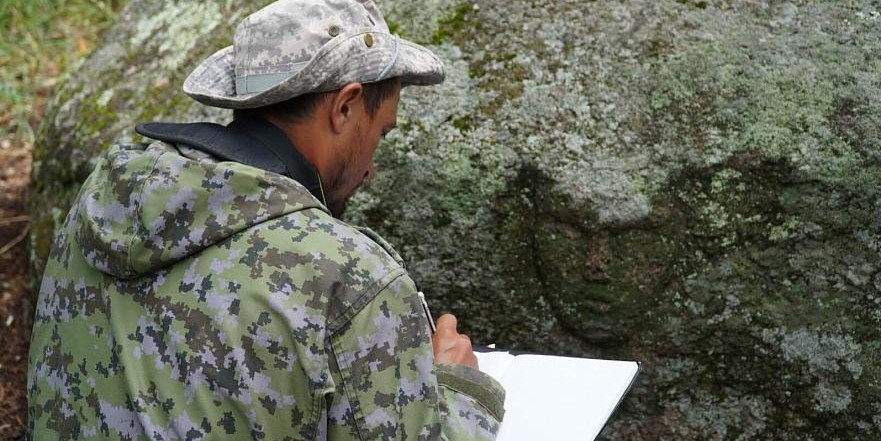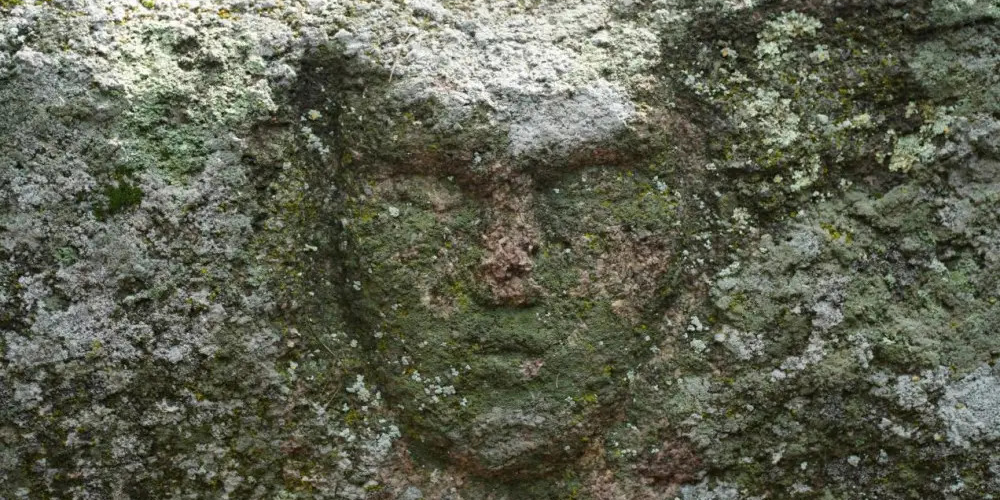Kazakhstan’s rich archaeological landscape continues to reveal fascinating details about ancient civilizations.
Others are reading now
In a discovery that seems straight out of a historical thriller, a mysterious stone carving of a human face has been unearthed in Kazakhstan.
A Remarkable Discovery
On an ordinary day in the Akmola Region, employees of the Regional Emergency Situations Department stumbled upon an extraordinary find.
While conducting routine checks, Nursultan Ashkenov and Akhmet Zaripov noticed an unusual stone half-buried in the earth.
As they brushed away the dirt, the contours of a human face slowly emerged, etched into the stone with meticulous detail.
Also read
This unexpected discovery led to the involvement of archaeologists from Astana and beyond, eager to unlock the secrets of this ancient artifact.
The stone carving, believed to be the handiwork of an ancient sculptor, has left experts divided. Some suggest it dates back to the Bronze Age, a period marked by the dawn of metallurgy and complex societies. Others speculate it might belong to the Turkic period.

Expert Insights and Cultural Significance
Sergey Yarygin, a leading scientist at the Alkey Margulan Institute, shared his excitement about the find.
“Discoveries like this are incredibly rare. Similar carvings have been found in Bronze Age settlements in Central Asia and Eastern Europe, and in early Iron Age sites in southern Siberia and medieval Turkic cultures across the Eurasian steppes,” he explained to the Astana Times.
Despite these parallels, Yarygin stated that the exact origins of the artifact are still shrouded in mystery.
The stone carving is now under the protection of the Emergency Situations Department, and further studies are planned to determine its precise age and origins.
Unearthing the Past in Pavlodar Region
Meanwhile, in the Pavlodar Region, the Koktas complex has revealed its own secrets.
Researchers from Pavlodar Pedagogical University unearthed a treasure trove of artifacts during their excavation.
Among the most notable finds is a bronze spearhead dating back to the mid-13th to the 8th century BCE, attributed to the Sargarin-Alexeyev culture. This spearhead, discovered by second-year student Asylbek Yelaman, is unique to the area and offers a glimpse into the martial practices of ancient societies.
In addition to the spearhead, pieces of pottery and kitchenware were also found, providing insights into the daily lives of the region’s ancient inhabitants.


